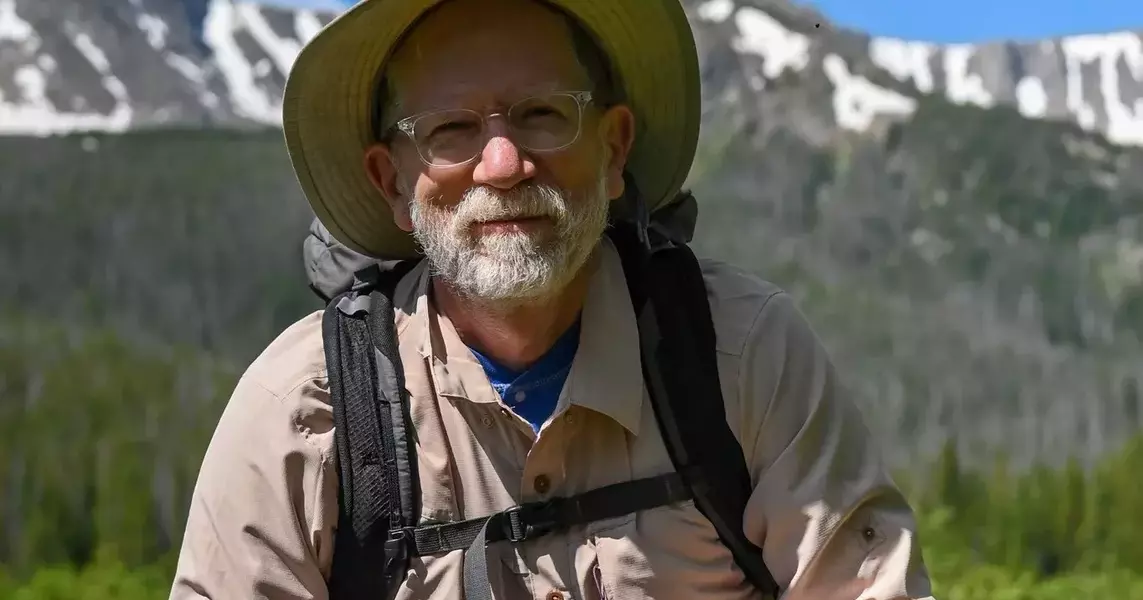Exploring the Climate Impact of Our Daily Meals

In a world where climate change is becoming increasingly pressing, an ecologist and greenhouse gas accountant named Mark Easter has delved into the environmental footprint of our food systems. His book, The Blue Plate: A Food Lover’s Guide to Climate Chaos, offers a comprehensive look at how our dietary choices affect the planet. From soil cultivation to fish farming, Easter explores the ecological consequences of producing everyday staples like seafood, steak, and potatoes. He highlights innovative solutions being developed by farmers and researchers in the U.S., particularly in regions like Boulder, Colorado, where efforts are underway to reduce carbon emissions through regenerative agriculture and improved composting programs.
An In-Depth Look at the Environmental Impact of Our Food Systems
In the heart of a rapidly changing world, the connection between our dining tables and the environment has never been more critical. Mark Easter, an ecologist affiliated with Colorado State University and a consultant at Farm, Table & Sky Consulting, has spent years researching the hidden costs of our food production. His work culminates in The Blue Plate, a meticulously researched book that uncovers the profound impact of agriculture on climate change. The book examines the role of soil microbes, animal digestion, landfills, and even reservoirs in contributing to greenhouse gas emissions. Easter reveals that much of the emissions come not from burning fossil fuels but from less obvious sources within our food supply chain.
Easter also emphasizes the importance of incentives for farmers to adopt sustainable practices. Cover crops, for instance, have shown great promise in sequestering carbon back into the soil, helping mitigate climate impacts. Additionally, integrating livestock into crop systems can enhance soil health and reduce reliance on synthetic fertilizers. The book further explores the often-overlooked issue of reservoirs, which emit significant amounts of methane, especially in areas prone to toxic algae blooms. Despite their reputation as climate solutions, these reservoirs can actually exacerbate the problem.
One of the most surprising findings in Easter's research is the low carbon footprint of shellfish. These mollusks absorb CO2 from the atmosphere and convert it into carbonate in their shells, effectively turning a greenhouse gas into rock. This discovery challenges conventional wisdom about sustainable protein sources and offers hope for reducing emissions through dietary changes.
Ultimately, while Easter acknowledges that we cannot entirely "eat our way out" of the climate crisis, he argues that transformative changes in agriculture can play a crucial role in mitigating environmental damage. However, this must be coupled with broader efforts to reduce fossil fuel consumption.
From a journalist's perspective, The Blue Plate serves as a wake-up call for both consumers and policymakers. It underscores the need for systemic changes in how we produce and consume food. By highlighting the potential of regenerative farming and innovative solutions, Easter's work inspires readers to rethink their relationship with the environment and take meaningful action toward a more sustainable future.